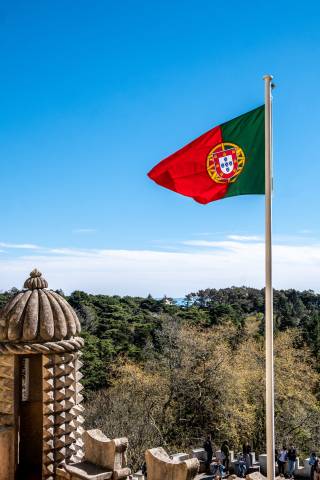Global Policy publishes article by STEaPP academics, Luís Miguel Lacerda and Jean-Christophe Mauduit
17 August 2023
Dr Lacerda, Policy Adviser, Policy Impact Unit, STEaPP and co-author Dr Mauduit, Lecturer in Science Diplomacy, STEaPP, have recently published an article in Global Policy exploring the role that scientific diasporas and other non-state actors can play in modern science diplomacy

The authors show that there are clear opportunities to build novel policy instruments that leverage the scientific diasporas, using both bottom-up and top-down approaches. However, they argue that only a science diplomacy strategy developed in collaboration between scientists, diplomats and policymakers will allow for the scientific diaspora to fulfil its full potential. Yet, breaking the otherwise traditional boundaries of the ‘national system of innovation’ by involving these external actors in the co-development of a strategy brings institutional challenges.
They note that these networks are particularly complex to sustain, and that their systematic and long-term action relies very much on conjunctural and individual engagement from the diasporas. Hence, government actors need to help sustain the engagement of these diasporas by setting up institutional structures, processes and policies that support them. In addition, these various communities of practice which operate under different ‘cultures’ may find it difficult to speak the same language and to develop a common understanding of science diplomacy. Hence, taking into account the priorities and political pressures of policymakers, the processes and institutions they navigate, as well as the preoccupations of the scientific diaspora and challenges of sustaining academic research, both actors need to establish clear communication channels and structures to co-design a meaningful and effective science diplomacy strategy.
Further reading:
Developing science advice at the Embassy of Portugal in the United Kingdom
 Close
Close

